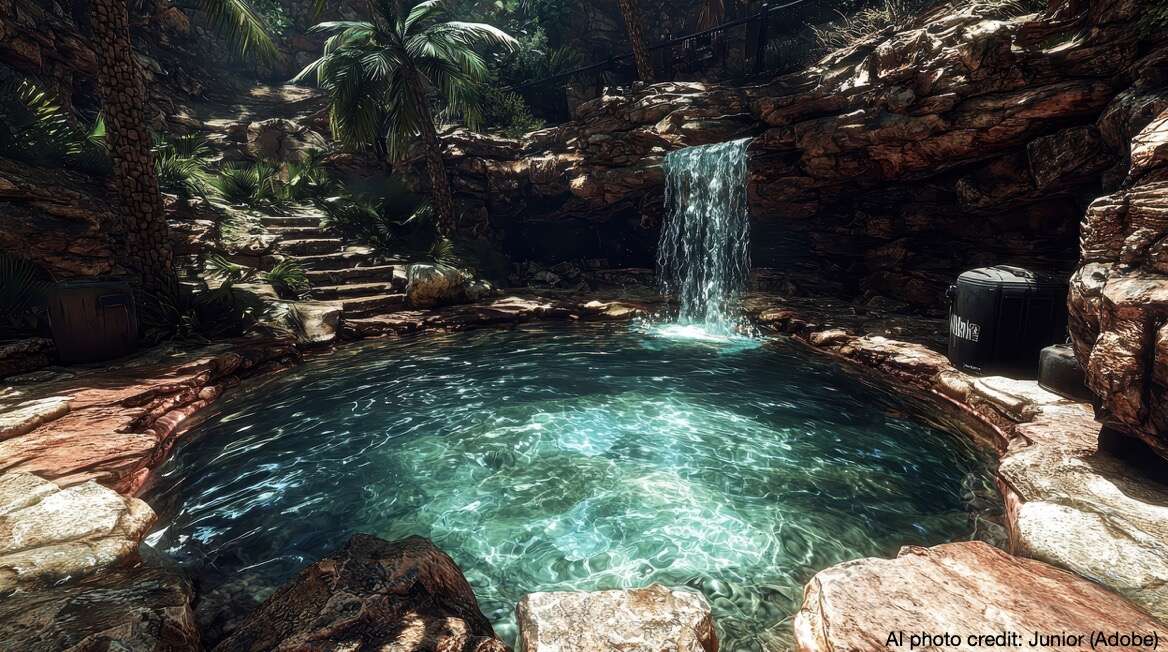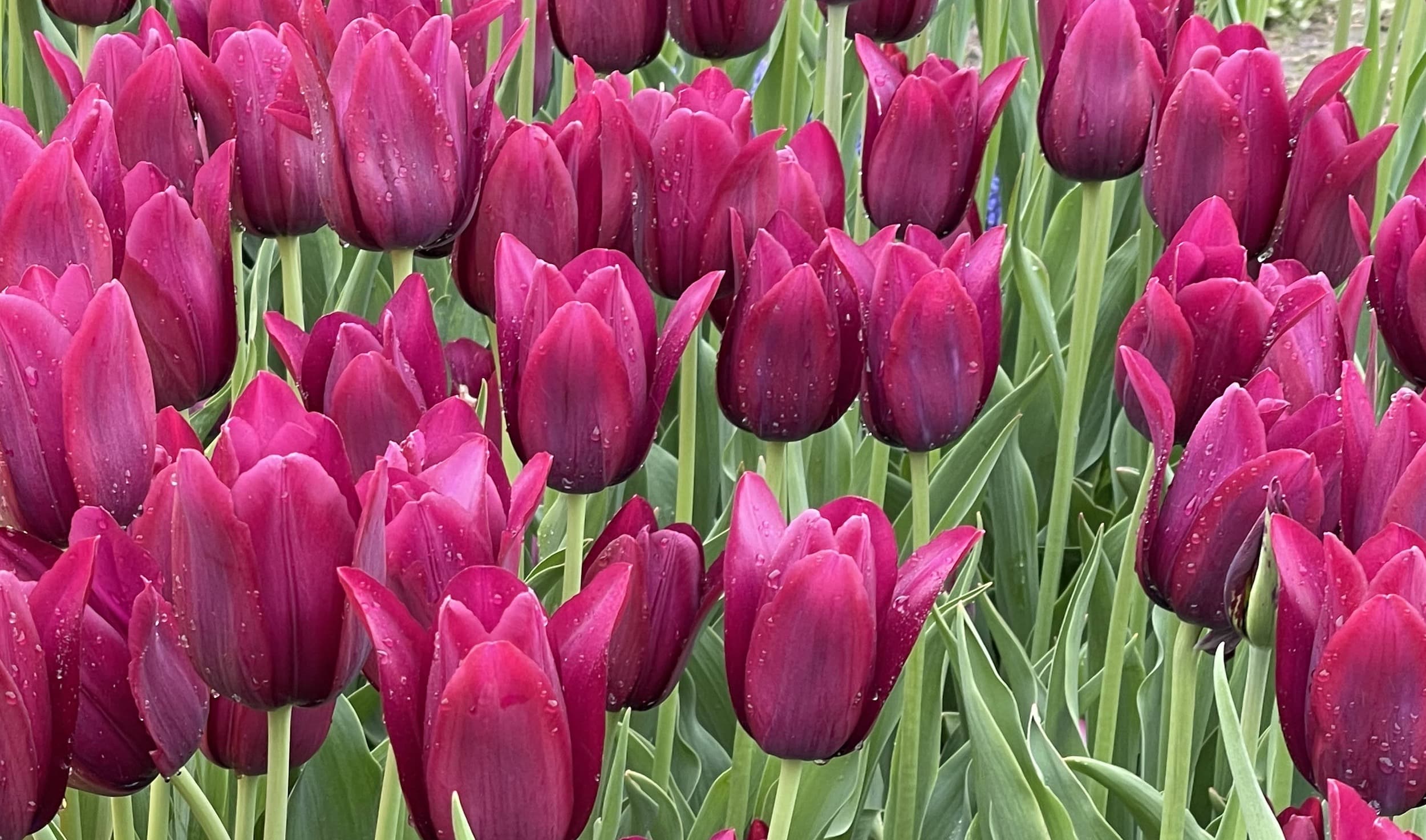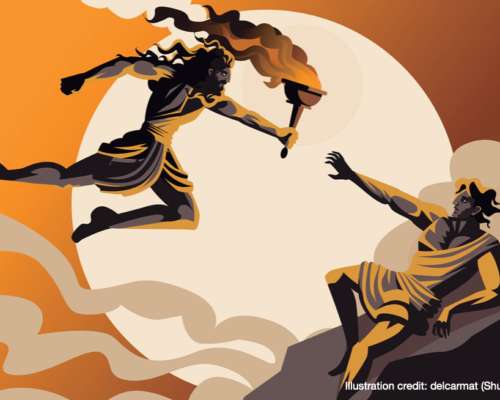Imagine living a few centuries ago in some part of the world that was absolutely isolated from greater civilization. And this was a part of the world that was also dry and barren. Maybe the area was the Sahara, or the Gobi Desert in Mongolia, or perhaps the Patagonian Desert in Argentina, or the Great Arabian, Australian or American Desert. And these remote areas exist even until today. All that heat and sand! A third of our planet is desert, and this percent is slowly increasing, as our planet is stressed. Where will our children and grandchildren find water on a dying planet?
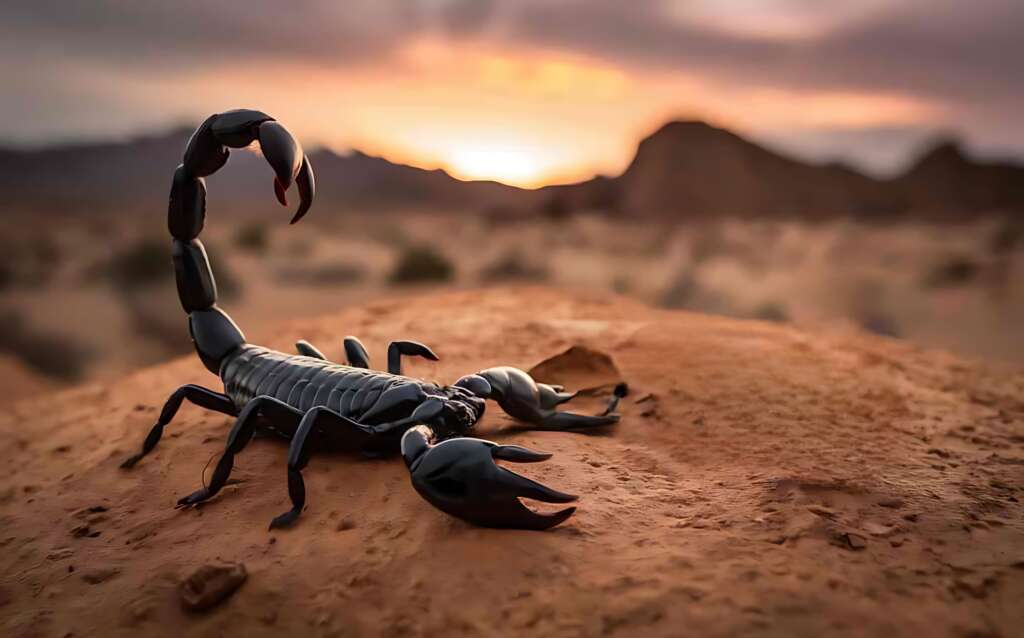
A desert does not always have sand, by the way. In fact, eighty percent of the deserts in the world do not have sand. Most deserts are just plain, barren rock, shards of cracked earth, acres of salt flats and indistinct remains of arroyos bordered by mountains. But deserts are all invariably hot. Scorching hot! Blistering hot!! Maddening hot!!! And very few if any plants are to be found (even cacti) in some deserts, because plants need water and deserts are dry. These inhospitable places are the habitats of demons, scorpions and screech owls, and the bleached, skeletal remains of unfortunates who have been stranded. Perhaps, even the faded mantle of a misguided prophet who has lost his way might blow in the desert wind? And while deserts are known for their diurnal heat, they are also known for their frigid nights of shivering cold.
Deserts also were known for mirages. A person might be fooled. In deserts, there are also sometimes poisonous water holes where the water was contaminated from arsenic. If you carelessly drink from these, you are dead for sure, a gruesome, painful death at that. Sometimes dead animals or fecal waste could also contaminate the water causing illness or death. Then there was alkaline water with a pH of >9.0. You would get sharp stomach pains, burns around the mouth, drooling an dizziness, and sometimes death would shortly follow.
TEXAS! HOTTER THAN A TAMALE
So, what do I know personally of heat, even after living in Texas for forty-three years? There, we had periods in the summer where the temperature would rise above thirty-eight degrees Celsius for one hundred consecutive days. We called them “100/100 days” as these days reached more than one hundred degrees Fahrenheit without fail for more than three months at a time.

But I also had air conditioning, in my home, my car, my work place. Rarely did I have no place of reprieve to scamper to. I do recall times when the air conditioning in my brick home was in need of repair, however. I would collapse on my bed at night, perspire fitfully while asleep, and wake up dehydrated and exhausted at 6:00 a.m. to a temperature of ninety-two degrees indoors, and that is before sunrise. Fans don’t help in this sort of heat. A fan just shuffles the hot air around.
In Texas, I would go out to refill our dog’s water dish each morning before the sun came up as I was leaving for work. I would have to carefully relocate two or three toads that had climbed into the water dish overnight because it was the only water they could find. When I moved back to New England, one of the most striking contrasts I encountered was the abundance of water where I now lived. It flowed everywhere! And everything seemed fresh and alive in contrast to Texas!
Now, imagine living in a desert “back in the day” but knowing of a secret oasis, someplace hidden to the world and even perhaps to your closest neighbors. It might be a fountain in a cave. Or, a few rocks over the next rise surrounding a tub-sized basin of water. And not just stagnant water but fresh, sweet tasting, running water flowing from a crack in the rock, day and night. Some animals can “smell” this water from up to twelve miles away1, and this watering hole represented life and salvation to all who drank from it. There weren’t always signs directing you to it. You might have to search for it, but you were told it was there and available to all. Like King Solomon’s mines or the Seven Cities of Cíbola. Except that it was not a myth.
The water, itself, was worth more than the hundred square miles of desert surrounding it. People would give their lives, and take the lives of others for it. Jethro, future father-in-law to Moses, was involved in a dispute over water rights, and his seven daughters were assaulted at a watering hole by thirsty thieves. In the American West, wars among cattle ranchers were fought over water.
Our planet is in danger of dying unless we turn things around. The average temperature globally has increased by almost two degrees Fahrenheit over the past century, with most of the increase over the past decade or two. This portents ill for agricultural prospects on the African, Asian and South American continents. In fact, in 2020, there was a “total estimated 281 million people living in a country other than their countries of birth in 2020.” One quarter of one billion people left their third and fourth world countries and moved north above the equator. Global warming was not the only reason for this. Regional wars, religious persecution and a search for an improved way of life also factored in. But the planet is undeniably simmering. The Great Barrier Reef off the coast of Australia has “significantly declined over the past three decades.” Loss of this singular reef would cause a plunge in the marine population in that part of the world. It would deprive humans there of their number one food source.
CLOSE YOUR EYES–WHAT DO YOU SEE?
Today, many of us are living in spiritual deserts, chasing mirages, giving up any hope of goals or a future in life. We’ve tasting stagnant or polluted water from different wells and we’re spiritually sick. We’re stressed, hurting, dehydrated in our devotion to God. Or, we haven’t met God yet and are too tired to search much longer. We’re squeezed between creditors and circumstances, lacking in intimacy with those closest to us and no safe space in sight. Not even a chance to catch our breath. Many are ready to cash in their chips.
WHAT IS LIVING WATER?
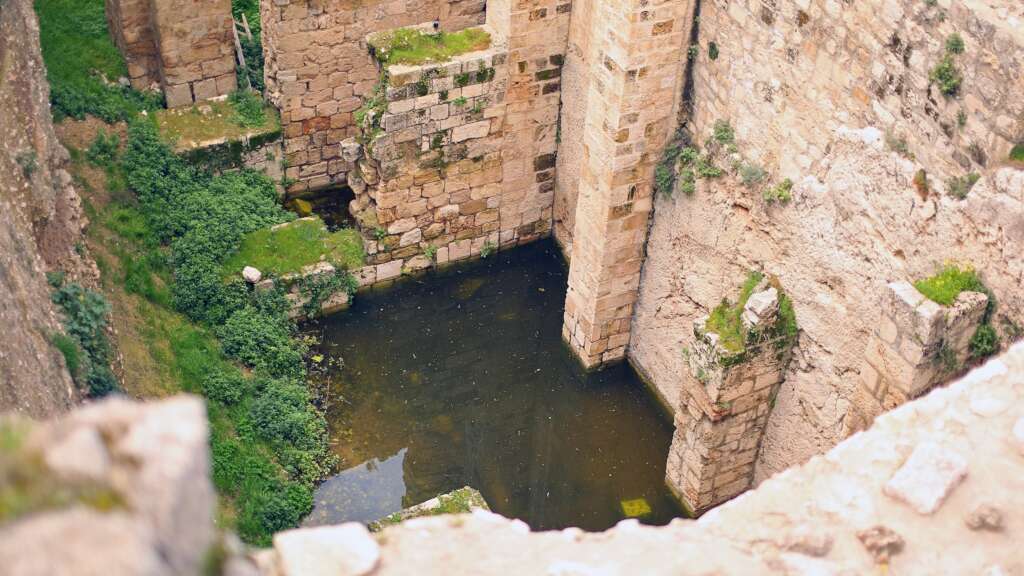
The ancients (i.e., those who lived in Biblical times, whether Jew, Christians or not) identified fresh water as a blessing from their God. Miracles might happen in water (e.g., a the Pool of Bethesda as described in the fifth Chapter of the Gospel of John), and even today pilgrims make journeys to grottoes. But rather than ponds or wells where water might become stagnant or putrefy, running water was preferred. Running water tended to be much clearer than otherwise and considered “living” because it was continually moving and changing, renewing. It was considered to be much more refreshing and vibrant. In the Bible, running water took on a spiritual significance. For example:
“. . . in Jeremiah 2:13 and John 4:10-14, flowing water embodies spiritual nourishment and life-giving qualities offered by God or Jesus, providing a deep metaphor for salvation and eternal life.2“
In the Didache, a first century document, written perhaps before the New Testament was completed, the author notes (7:1ff):
“And concerning baptism, baptize this way: Having first said all these things, baptize into the name of the Father and of the Son, and of the Holy Spirit in living water. But if you have not living water, baptize into other water; and if you cannot in cold, in warm. But if you have not either, pour out water thrice upon the head into the name of Father and Son and Holy Spirit.”
THE WOMAN AT THE WELL
A good passage to provide a context for the term “Living Water” is in the Gospel of John, Chapter 4, verses 1-29)”
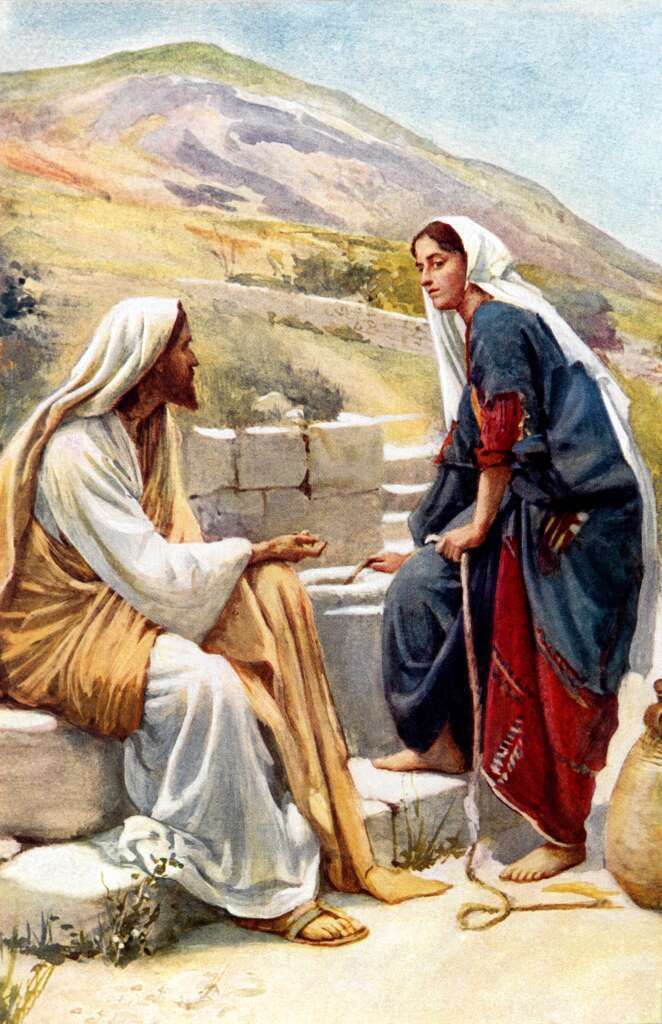
“Now Jesus learned that the Pharisees had heard that he was gaining and baptizing more disciples than John— although in fact it was not Jesus who baptized, but his disciples. So he left Judea and went back once more to Galilee.
Now he had to go through Samaria. So he came to a town in Samaria called Sychar, near the plot of ground Jacob had given to his son Joseph. Jacob’s well was there, and Jesus, tired as he was from the journey, sat down by the well. It was about noon.
When a Samaritan woman came to draw water, Jesus said to her, ‘Will you give me a drink?‘” ‘(His disciples had gone into the town to buy food.)
The Samaritan woman said to him, ‘You are a Jew and I am a Samaritan woman. How can you ask me for a drink?’ (For Jews do not associate with Samaritans.)
Jesus answered her, ‘If you knew the gift of God and who it is that asks you for a drink, you would have asked him and he would have given you living water.‘
‘Sir,’ the woman said, “you have nothing to draw with and the well is deep. Where can you get this living water? Are you greater than our father Jacob, who gave us the well and drank from it himself, as did also his sons and his livestock?‘
Jesus answered, ‘Everyone who drinks this water will be thirsty again, but whoever drinks the water I give them will never thirst. Indeed, the water I give them will become in them a spring of water welling up to eternal life.‘
The woman said to him, ‘Sir, give me this water so that I won’t get thirsty and have to keep coming here to draw water.‘
He told her, ‘Go, call your husband and come back.‘
‘I have no husband,‘”‘ she replied.
Jesus said to her, ‘You are right when you say you have no husband. The fact is, you have had five husbands, and the man you now have is not your husband. What you have just said is quite true.‘
‘Sir,‘” ‘the woman said, ‘I can see that you are a prophet. Our ancestors worshiped on this mountain, but you Jews claim that the place where we must worship is in Jerusalem.‘
‘Woman,’ Jesus replied, ‘believe me, a time is coming when you will worship the Father neither on this mountain nor in Jerusalem. You Samaritans worship what you do not know; we worship what we do know, for salvation is from the Jews. Yet a time is coming and has now come when the true worshipers will worship the Father in the Spirit and in truth, for they are the kind of worshipers the Father seeks. God is spirit, and his worshipers must worship in the Spirit and in truth.‘
The woman said, ‘I know that Messiah’ (called Christ) ‘is coming. When he comes, he will explain everything to us.‘
Then Jesus declared, ‘I, the one speaking to you—I am he. Just then his disciples returned and were surprised to find him talking with a woman. But no one asked, ‘What do you want?‘ or ‘Why are you talking with her?‘
Then, leaving her water jar, the woman went back to the town and said to the people, ‘Come, see a man who told me everything I ever did. Could this be the Messiah?’ They came out of the town and made their way toward him.”
This woman had been married five times before. What are the odds that she was widowed five times? She probably had a tough life with abusive men and so on. And who knows how this sixth guy was treating her? Notice that Jesus did not condemn the woman for having friends with benefits in her life. That does not mean that God is okay with that. Hardly. It’s just that Jesus seemed to believe He was more effective in his ministry if he met people where they were, rather where they should be. Jesus believed that the answer to her problems in life could be solved with living water, which is obviously much more than just having indoor plumbing.
SO, WHY DO WE NEED LIVING WATER?
Living water connects us to God and His creation. Even as the blood of Jesus washes away our sins, water (specifically the water of baptism) connects us with the death, burial and resurrection of Jesus. This is best visualized when one is baptized by immersion, and even Martin Luther acknowledged this. Yet, as we can see in the Didache, immersion is not always possible. We can’t all be baptized in the River Jordan. Or in a river at all in some circumstances. But (as Luther noted. in his Small Catechism), it is the Word of God when applied to the water that makes it a valid baptism.
There is also a transformative aspect to water. More than just an initiation into the faith, water baptism imparts the Holy Spirit3 into the life of the believer while cleansing them from the original sin that followed Adam and Eve’s original sin. You may think of water baptism as a means of grace (by which God performs a certain act in your life) or an act of obedience, but if you have come to believe in Jesus Christ as your savior and have not been baptized, then you should take that step. Not being baptized does not appear to keep you from heaven (at least in protestant theology. I am convinced that a believer, and even an infant is better off being baptized than not. This is controversial among some denominations, but this is my experience and sense of Scripture. Ask a Baptist, Anglican, Pentecostal or Lutheran pastor, etc., or a Roman Catholic priest, or a Messianic Jewish rabbi to baptize you. It’s all good, though I sense some eyebrows being raised.
Water, too, has medicinal powers. Mineral water perhaps which reduces inflammation in the body of anyone who bathes in it (e.g., President Franklin Roosevelt who spent many days at Warm Springs in Georgia.) And, unless a patient has congestive heart failure or some other unusual malady where restricting fluids is important to recovery, encouraging the patient to “force fluids” often appears in the Doctor’s Orders. Many types of medication require water to properly be absorbed or mobilized by your body. And, our first nine months are spent submerged in water (well, urine to be precise, but that’s technically water.) Our mother’s amnionic fluid cushioned us, and maintained an optimal temperature in her womb for our growth and development.
Water, as far as we know, is so fundamental to any sort of life that cosmologists and exobiologists still discount the possibility of life on those planets light years away that we’re found and which do not appear to have water. And yet, God gives us more than enough here n Earth, but we need to be wise in how we manage it, and to not allow it to be polluted with toxic chemicals.
Personally, I believe that we can draw closer to God if we meditate on and contemplate the water He has provided us with, as Francis of Assisi did. Thanking God for this, asking Him for a clearer understanding of the mystery concerning baptism, giving praise and glory to God for it is important to God. We all like to hear the we are special, that we’re loved, that we are appreciative for gifts and rewarding experiences we receive, and God is no exception.
Footnotes
1Animals do not smell water, itself, but they can smell the plants and algae that grows in and around water. Or, they can sense the presence of wet clay and other clues that suggest water is near.
2Per ChatGPT 4.0.
3That the Holy Spirit is imparted through baptism might be seen in the miracle that Augustine tells us about. I’m not convinced that the evidence of the baptism of the Holy Spirit is speaking in tongues, though it could be in some cases.
